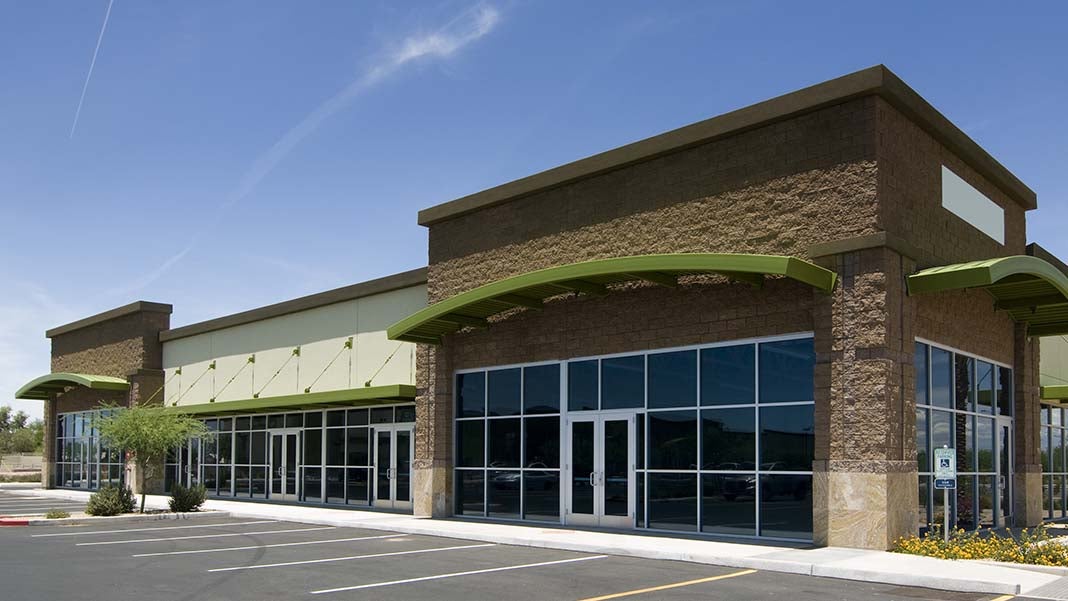3 Things I Learned About Commercial Real Estate Opening New Franchise Locations

Having an extensive background in real estate law, I thought I was well prepared in helping the new PlayLive Nation franchisees navigate the challenges of securing a lease in different markets. Despite my experience, this process threw countless unexpected curve balls my way.
To help other franchisors prepare, I wanted to share three things I learned going through this process:
Being Up to Code
When I worked with franchisees exploring property in older buildings, we expected certain items to not be up to code. What was surprising was looking for space in a new building that wasn’t built to code.
One of our franchisees ran into this in Seattle. The new office didn’t have the correct number of fire exits, which led to a lengthy process of the landlord getting a building permit from the city to correct the issue.
A 6-month lease process then dragged into 15 months.
More so with older buildings, I also ran into spaces not having adequate sprinkler systems. While the other tenants were grandfathered in as new ordinances and codes were passed, the obligation to put in sprinklers fell on new tenants.
When left to the tenant to pay for updates, these renovations were rarely inexpensive.
Not 21st Century Ready
Living in such a technology driven society, I expected commercial real estate options to reflect the age we live in.
I was wrong.
I learned to not take being wired for high speed Internet for granted. We encountered some malls that were not equipped for constant connectivity. As a franchise dependent on a strong WIFI signal, we had to refine our search to commercial spaces with modern amenities.
Anchor Tenant Stipulations
Choosing a property with a large anchor tenant has always been appealing because of the foot traffic. This would be your grocery store, Movie Theater or other business that creates a large draw to a commercial space.
It was interesting navigating the different restrictions that each anchor tenant had with the main complex. One of our franchisees needed approval from the anchor tenant prior to signing a lease. This pushed back the lease execution by several months.
That particular franchisee was hit with a double whammy. Not only did they have to seek approval from the anchor tenant, they had to apply for a conditional use permit (CUP) since the property wasn’t zoned for their business model.
The anchor tenant approval and the CUP chewed up an additional 7 months in opening that franchise.
Learning from the Unexpected
Even when we built systems to help franchisees find real estate, we still ran into unexpected hurdles along the way. As we navigated this process with our franchisees we compiled a growing “List of Woes” or checklist to evaluate potential properties against.
It wasn’t perfect, but as we went along it became more comprehensive and helped other franchisees sidestep issues.
When encountering setbacks, we worked with franchisees. This was essential to the type of franchisors we wanted to be. This meant offering extensions to engaged franchisees on the time allotted for opening. After all, our goal was to open more franchises.
Despite the roadblocks, there were other things we did out of the gate to build a strong foundation. One was to require a real estate lawyer review all leases. This extra step protected the franchisee from being locked into terms that could jeopardize their resale of the franchise. Another was an addendum to include the parent company on all notices from the landlord. This measure prevented the franchisee from falling behind on rent without the franchisor being in the know.












